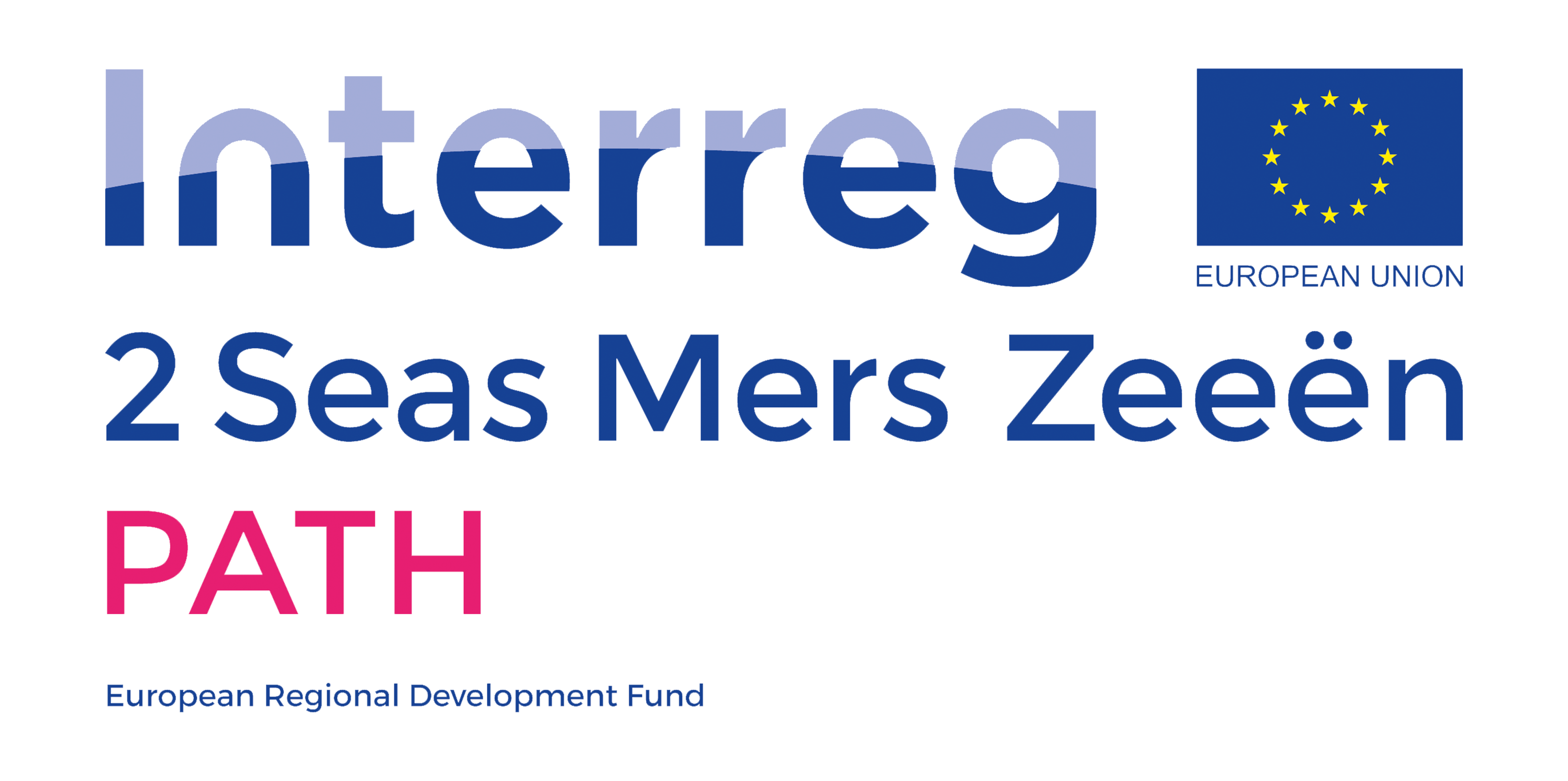
© 2021 Copyright: Bournemouth University
Any of these elements can cause upset and distress, especially if this comes from a family member, friend, work colleague or healthcare professional. There are different types of stigma related to perinatal mental health which can have specific consequences on those who experience it. On this page you can find out more information about the different types of perinatal mental health stigma and the impact it can have.
Social stigma (also called public or external stigma) refers to perceptions held by the general public towards the person experiencing mental illness and is largely based on misconceptions or misunderstandings. For example, the presentation of perinatal mental illness in the media is often considered inaccurate and tends to portray parents with perinatal mental illness as “bad parents” who are harmful and a threat to their child. In comparison, “good parents” are often shown to be unconditionally loving and nurturing, and do not experience any psychological problems or distress.
These types of exaggerations and inaccurate representations are likely to fuel public misconceptions around perinatal mental illness and can lead to negative perceptions. Common stigmatising perceptions about perinatal mental illness include thinking that parents experiencing psychological problems will harm themselves or their children, don’t love their children or are abnormal.
Social stigma can have many harmful effects including feelings of hopelessness and isolation, a lack of understanding by family, friends or others, and fewer opportunities for employment or social interaction. It can also prevent new parents to talk about their experiences with their friends, families and healthcare professionals because they might be worried that it might change how other people think about them.
Self-stigma (also called internal stigma) occurs when stigmatized individuals internalise the negative attitudes and stereotypes and apply it to themselves. Sometimes, this might stem from an incomplete understanding of perinatal mental illness which might lead parents to think that their illness is either not severe enough to seek help, or that they can control their feelings and avert the onset of mental illness.
Parents might also perceive that they are not meeting their own expectations or standards of parenthood. Unfortunately, it is very common for parents to think that experiencing psychological problems means that they are “bad parents” and that they are unable to cope with the demands of parenthood. This could prevent new parents to talk about their experiences, as seeking help might make them feel incompetent and believe that they have failed at being a “good parent”.
Self-stigma can make new parents feel guilty, shameful and isolated. They may be reluctant to seek professional help and often feel as though they are will not be able to overcome the illness or become a “better parent”.
Disclosure stigma (also called treatment stigma) refers to negative perceptions around seeking professional help. New parents often experience pressure to appear competent, capable and nurturing and so they might be concerned about other people’s attitudes if they sought support from a healthcare professional for their mental health. In some cases, parents worry that disclosure might affect insurances or their occupation which might mean that they are even less likely to speak about their mental health.
Additionally, people might consider that seeking professional help is socially or culturally taboo, and also have concerns about adhering to professional treatment (such as guilt or shame for taking antidepressants).
It is also very common for parents to worry about what would happen if they did disclose their psychological problems to a healthcare professional. They might worry that the healthcare professional might think that they are a bad or abusive parent, that the social services would get involved and that their baby would be taken away.
Disclosure stigma is a key reason why parents find disclosure difficult or choose not to disclose at all.
1. McLoughlin, J. (2013). Stigma associated with postnatal depression: A literature review. British Journal of Midwifery, 21(11), 784-791.
2. Moore, D., Ayers, S., & Drey, N. (2017). The City MISS: development of a scale to measure stigma of perinatal mental illness. Journal of reproductive and infant psychology, 35(3), 273-285.
3. Smith, M. S., Lawrence, V., Sadler, E., & Easter, A. (2019). Barriers to accessing mental health services for women with perinatal mental illness: systematic review and meta-synthesis of qualitative studies in the UK. BMJ open, 9(1), e024803.